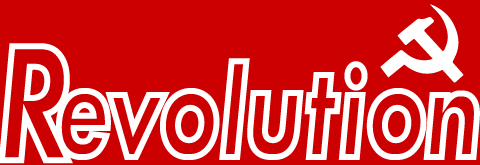Nigerian Economy: Bubble about to Burst
From the Presidency, to Finance Minister Okonjo Iweala, up to the least in hierarchy of this regime, there has been ongoing murmuring about the economic tsunami that is fast approaching. Nigerians seem not to be too bothered about this inaudible cry of the regime; it has been a case of Government just crying to itself. This apathy of the people might prove catastrophic when this economic disaster eventually hits, because it is not a mere rumour mongering of the regime, incoming economic disaster is real and it demands that we adequately prepare.
